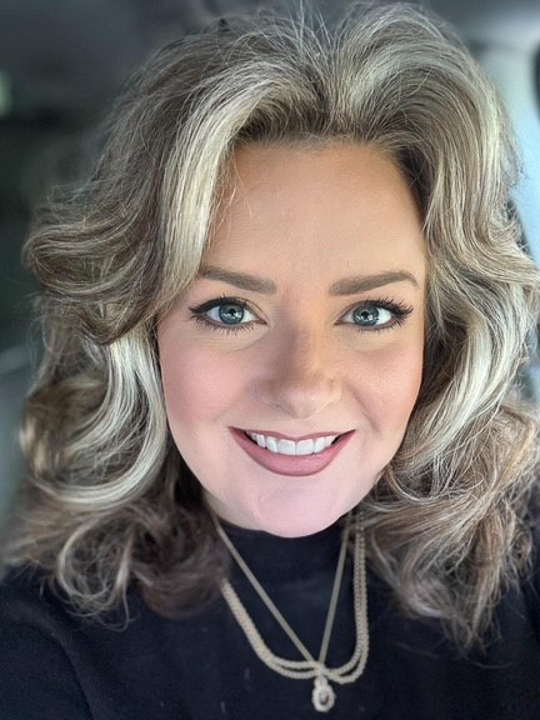Faculty practice provides faculty members with the opportunity to be engaged in their area of expertise. As leaders of exemplary, innovative, and culturally proficient faculty engagement, faculty members fulfill the mission of the UA Capstone College of Nursing’s Faculty Practice Committee. The Faculty Practice Committee strives to increase the visibility of the school of nursing by spotlighting the practice of faculty members as they practice in community agencies. Practice sites are diverse and represent the expertise and background preparation of faculty engaged in faculty practice. Faculty “spotlights” are updated multiple times annually to showcase the exceptional work of faculty practice members. Be sure to return to this webpage in the future to learn about the practice of other faculty members!

Amy Bigham, DNP, RN, FNP-BC, COI, MEPN Coordinator & Clinical Associate Professor
I am currently serving as the coordinator for the Master’s Entry in Professional Nursing program, and teaching in the graduate program.
My current faculty practice is as a nurse practitioner at the DCH Regional Medical Center in the Emergency Department. I have worked here intermittently since 1994, but continuously since 2017.
EVERYBODY! The emergency department is frequently a place where people come for emergent or urgent problems, but the reality is that anyone and anything can present to the ED.
There is no such thing as a typical day in the ED. Everyday is different, and that is the fun part! Somedays are just like a TV drama and some days as like no other day you have ever experienced.
I use evidence-based research every shift that I work in the ED. I refer to clinical practice guidelines to verify that I am delivering care at the highest level. I also use evidence-based research to design and implement protocols for quality or process improvement.
Most recently, my interest has been implementing an evidence-based sedation protocol for pediatric patients in the Emergency Department.
My future plans include continuing the ED while studying to obtain certification in functional medicine. I hope to practice in a health and wellness clinic in the future with a focus on functional medicine, bio-identical hormone therapy, and disease prevention.
The most significant change in the field of emergency medicine in the last several years is the advent of the Emergency Nurse Practitioner certification as a subspecialty for family nurse practitioners. This certification can be obtained through practice hours and continuing education, or through education in a formal academic program.
Faculty practice allows me to remain clinically relevant, and this results in a better teaching and learning experience for students.